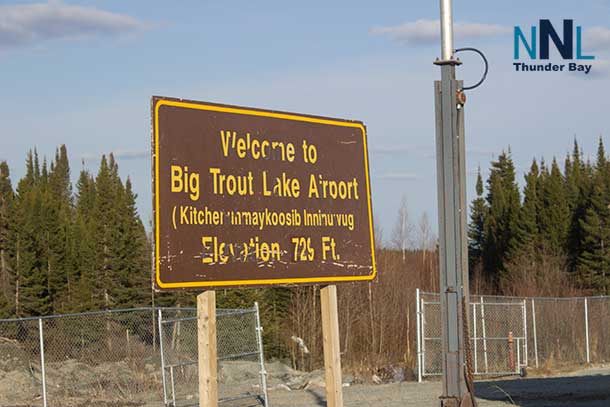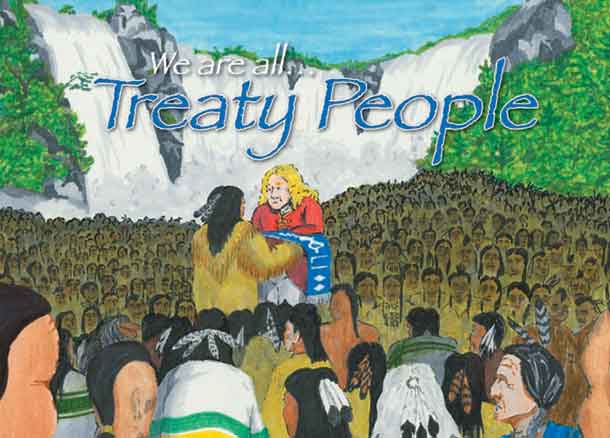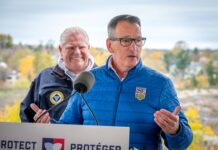New research has found that Indigenous knowledge is regularly underutilized and misunderstood when making important environmental decisions.
The study investigates how to improve collaborations between Indigenous knowledge holders and scientists, and recommends that greater equity is necessary to better inform decision-making and advance common environmental goals.
The research, led by Dr. Helen Wheeler of Anglia Ruskin University (ARU), involved participants from the Arctic regions of Norway, Sweden, Greenland, Russia, Canada, and the United States.
Indigenous peoples inhabit 25% of the land surface and have strong links to their environment, meaning they can provide unique insights into natural systems. However, the greater resources available to scientists often creates a power imbalance when environmental decisions are made.
The study’s Indigenous participants identified numerous problems, including that Indigenous knowledge is often perceived as less valuable than scientific knowledge and added as anecdotes to scientific studies.
They also felt that Indigenous knowledge was being forced into frameworks that did not match Indigenous people’s understanding of the world and is often misinterpreted through scientific validation. One participant expressed the importance of Indigenous knowledge being reviewed by Indigenous knowledge holders, rather than by scientists.
Another concern was that while funding for Arctic science was increasing, the same was not happening for research rooted in Indigenous knowledge or conducted by Indigenous peoples.
Gunn-Britt Retter, Head of the Arctic and Environmental Unit of the Saami Council, said: “Although funding for Arctic science is increasing, we are not experiencing this same trend for Indigenous knowledge research.
“Sometimes Indigenous organizations feel pressured to agree to requests for collaboration with scientists so that we can have some influence in decision-making, even when these collaborations feel tokenistic and do not meet the needs of our communities. This is because there is a lack of funding for Indigenous-led research.”
Victoria Buschman, Inupiaq Inuit wildlife and conservation biologist at the University of Washington, said: “Much of the research community has not made adequate space for Indigenous knowledge and continues to undermine its potential for information decision-making. We must let go of the narrative that working with Indigenous knowledge is too challenging.”
The study concludes that values, laws, institutions, funding, and mechanisms of support that create equitable power-relations between collaborators are necessary for successful relationships between scientists and Indigenous groups.
Lead author Dr. Helen Wheeler, Lecturer in Zoology at Anglia Ruskin University (ARU), said: “The aim of this study was to understand how to work better with Indigenous knowledge. For those who do research on Indigenous people’s land, such as myself, I think this is an important question to ask.
“Our study suggests there are still misconceptions about Indigenous knowledge, particularly around the idea that it is limited in scope or needs verifying by science to be useful. Building capacity for research within Indigenous institutions is also a high priority, which will ensure Indigenous groups have greater power when it comes to informed decision-making.
“Indigenous knowledge is increasingly used in decision-making at many levels from developing international policy on biodiversity to local decisions about how to manage wildlife. However, as scientists and decision-makers use knowledge, they must do so in a way that reflects the needs of Indigenous knowledge holders. This should lead to better decisions and more equitable and productive partnerships.”







